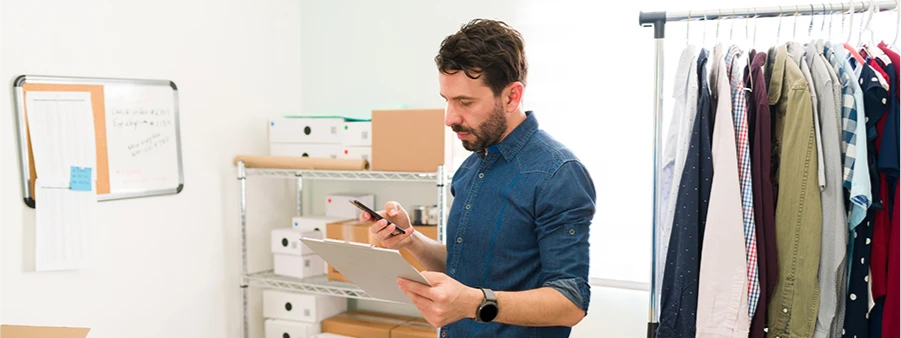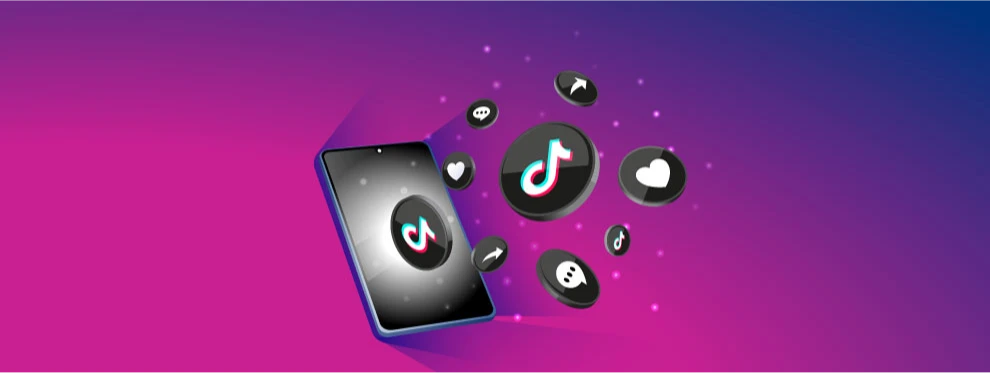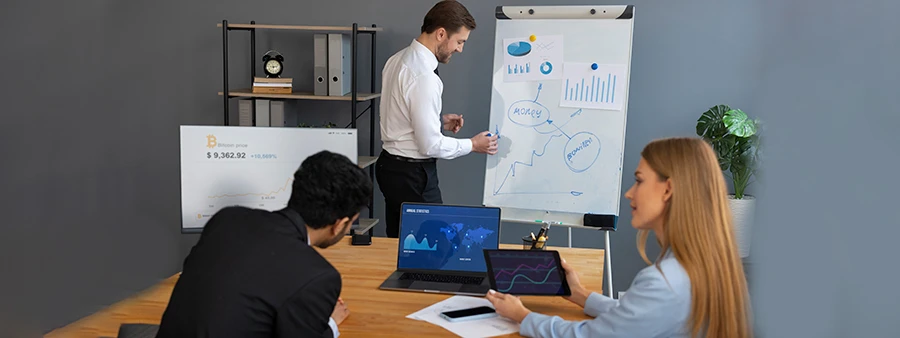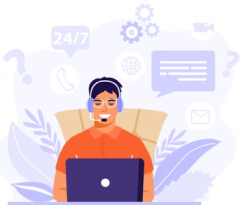Email is one of the most important forms of professional communication in the business world. They are fast, easy, and convenient – but they have to be done appropriately and professionally. Business email etiquette imparts a professional impression when sending an email for communication purposes.
Inappropriate email etiquette can negatively impact perceptions of professionalism, on efficiency, and can increase a company’s risk of liability. If you follow professional email etiquette it helps to avoid miscommunication or even mistakes. You don’t want your boss, co-workers, clients, or prospective employers judging you based on some avoidable mistakes, right?
Let us discuss some important business email etiquette tips while using emails in the workplace.
1) Focus on subject line
Mostly the importance of the email subject line is underestimated. It serves as a ‘preview’ for your email. With subject lines recipient gets idea regarding the topic of your email. Subject lines should be short or concise to grab attention of reader. All caps, all small or even typos shows unprofessional impression and receiver may consider your email as ‘spam.’
2) Use a professional email address
For emails related to company using professional email address provided by employer is important. It represents you as a representative of your company. However this mail address should not be used for sending personal emails.
3) Email salutations
There are different salutations used in emails. Let’s see email etiquette examples
- For formal emails :
Example: Dear Ms. Priya
- For any casual email:
Example: Dear Priya
- If you know the recipient closely:
Example: Hi Priya
4) Email sign-offs
Sign off is the last thing read by recipient, it has lasting impression on reader. For light hearted tone, warm sign offs are used. Below are commonly used sign-offs.
- Thanks
- Cheers
- Enjoy the weekend
- Looking forward to our next conversation
- Happy to hear your thoughts
5) Recipient names
Always check recipient name correctly. Do not shorten their names unless recipient has used short name in his signature. You can check his signature before sending email.
6) Email tone
Email tone means expressing your attitude in mails. Your tone must be friendly, approachable and respectful. Do not write any portion in uppercase. It indicates that you are shouting on recipient and considered is as poor email etiquette. Always reread your emails before sending to recipient.
7) Fonts and formatting
Using multiple font sizes and colors looks messy and is bad business email etiquette. So, it is important to use professional font for every email. Otherwise it will not consider as professional email etiquette.
Professional Fonts used in emails are:
- Times New Roman
- Georgia
- Veranda
- Arial
- Book Antiqua
- Calibri
8) Hyperlinks
Sometimes you want to direct the reader to web pages. But pasting entire URL takes too much space and looks messy. Instead of this creating hyperlinks work.
9) Manage file attachments, compress them if required
Nobody likes larger attachments. The main reason behind this is larger attachments take large storage space. Before sending a large attachment, always ask for permission from the recipient. Otherwise you can also compress or “zip” your files before sending them to recipient.
10) Email signatures
An email signature gets routinely added to the end of a message. You can add your contact information in signature to allow receivers to know where to get in contact with you. Mailbutler lets you create professional email signatures that you can easily insert to emails. No HTML coding is required, and designs are always synced real time to your email client.
11) Email fields
To: For adding the email address of recipient.
CC: For adding someone to see relevant information you have shared but he is not obligated to respond to it.
BCC: For adding some contacts to see the mail but recipients in To or CC fields will not be able to see contacts in BCC.
12) Reply vs. reply-all
Nothing is more embarrassing than “reply all” instead of “reply”. It means reply all option sends mass email all contacts in the mail whereas reply option is intended to send your reply to only one recipient. This mistake can occur if there are multiple recipients for that email.
It is better to double check before you send the reply or else you will be sorry. Email etiquette reply is very important in sending mails.
13) Email forwarding
When forwarding an email, always add your personal comment in it. Do not forward any mail without editing forwarding arrows, email addresses and comments from other forwarders.
14) Email response time
It is not possible to respond to all mails immediately. Depending upon the nature and urgency of emails, time frame of 24-48 hours is accepted for responding to mails.
15) Email tracking
Sometimes you do not get instant reply from recipient. In this case, instead of asking “Did you see my email?” you can use certain tracking tools. Tools indicate you once the recipient opens an email.
16) Sending reminders to People
When writing reminder emails, always remember to write the content in brief. The approach should not be arrogant. Otherwise it is not considered as a proper email etiquette.
17) Avoid sending an email for discussions
Not all communication can occur via email. When discussing about confidential or important information making a phone call is important. It also avoids miscommunication.
18) Ensure your email wasn’t trashed
Sometimes you do not hear back from recipient. There are chances that receiver may be busy and do not respond to your mail. If you enquire whether they have received your message or not can make it worse. Remember, you need to be patient here. Wait for a week. If they don’t reply send them another mail.
19) Double check that email address
Proper email etiquette calls for sending emails from your business email address rather than from a personal email address. When it comes to workplace matters, it is important for you to double check the recipient’s info before hitting the “send” button. If you make a habit of verifying the receiver’s info, you’ll avoid making mistakes.
20) Proofread
Key Takeaway
As you can see, there’s quite a bit to think about when it comes to business email etiquette at work. The importance of email etiquette lies in a fact that every email sent from your company has direct reflection on your business. Within few seconds recipient gets first impression of your company from your email. There are many benefits of using email etiquette.
Mainly it avoids miscommunication and also helps in gaining business leads. This communication tool also gives an opportunity to build and cultivate long-term customer loyalty and increase customer satisfaction. So, follow these email etiquette do’s and don’ts to make your emails professional and efficient.
Send better emails today!!!






